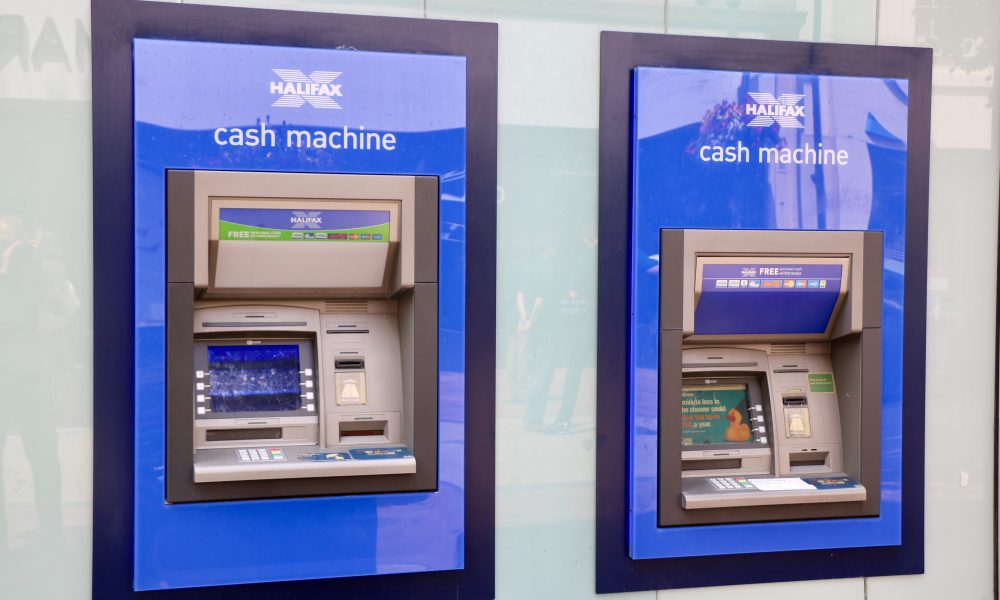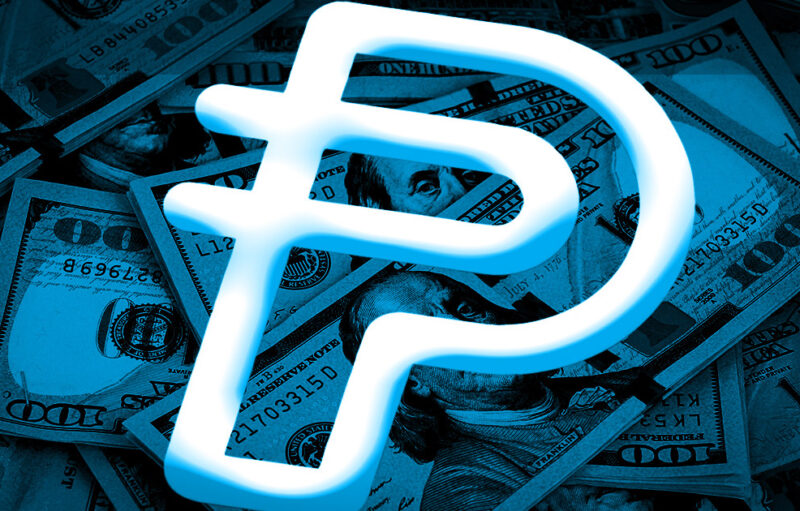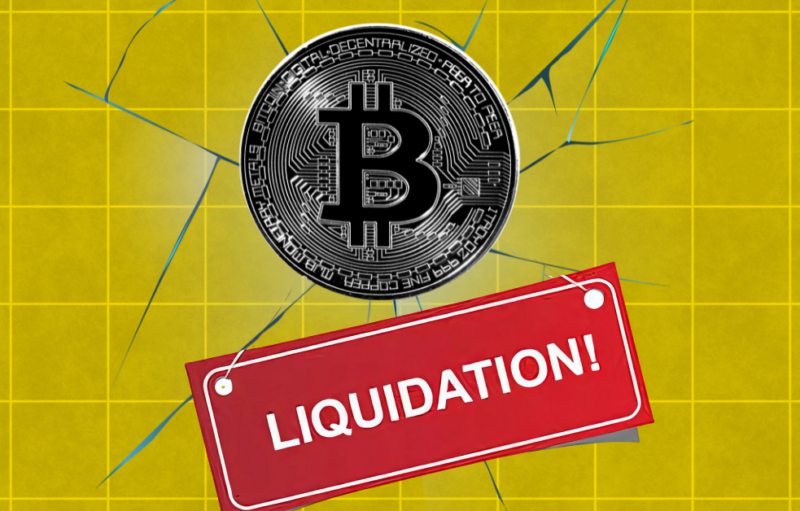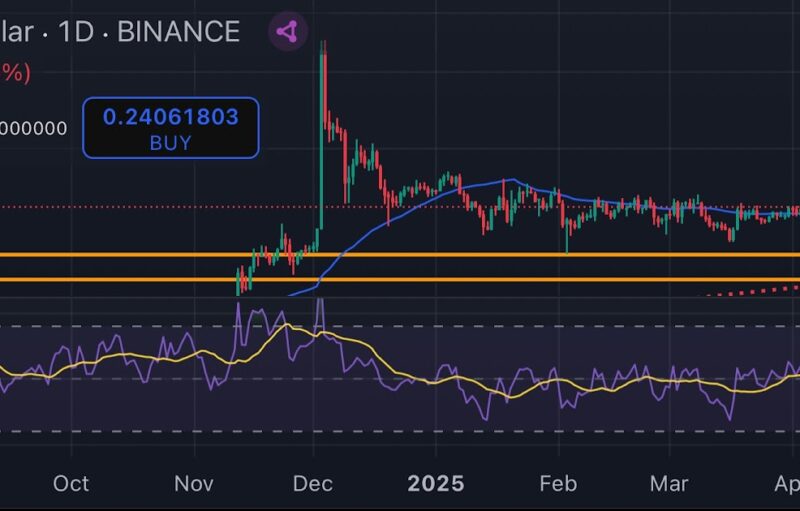
Over the past few years, cryptocurrencies have generated a lot of interest from institutional investors. With more regulations surrounding the digital assets market, crypto has gone fairly mainstream. However as most economies work with digital assets, there has also been a push to strengthen regulations so that cryptocurrencies do not become a safe haven for money laundering and other illicit activities. The recent AML regulations and the FAFT guidelines were intended to strengthen laws that deal with crypto.
However, as digital assets gain traction in the world of finance, traditional financial institutions like banks have now come under the scanner when dealing with crypto users and exchanges dealing with virtual assets. A recent report by Ciphertrace looked at how virtual asset regulations are likely to affect banks. The report noted that 57% of these Virtual Asset Service Providers [VASPs] had weak or porous KYC processes. This poses a bigger threat as weak KYC can lead to bad actors being able to launder virtual assets through exchanges operating as fiat off-ramps according to the report.
However, it is unclear whether major banks are willing or keen to handle the exposure to crypto-assets and simultaneously ensure no illicit activity happens within the space. Even though crypto adoption has increased substantially over the years, mainstream banks still have reservations against crypto users and transactions. In the recent past, Bank of America had cited concerns and stopped clients from using their debit cards to purchase cryptocurrency. However, earlier in the year 5th Anti-Money Laundering Directive or AMLD5 pointed out that banks cannot deny service to sectors and need to look at crypto on a case by case basis.
According to data provided by Ciphertrace, almost 74% of the bitcoin moved in Exchange-to-Exchange transactions was moved cross-border and poses a significant risk for money laundering. Taking such a scenario into consideration, the FATF noted,
“Illicit users of virtula assets [VAs], for example, may take advantage of the global reach and transaction speed that VAs provide as well as of the inadequate regulation or supervision of VA financial activities and providers across jurisdictions, which creates an inconsistent legal and regulatory playing field in the VA ecosystem.”
Your feedback is important to us!
The post appeared first on AMBCrypto






